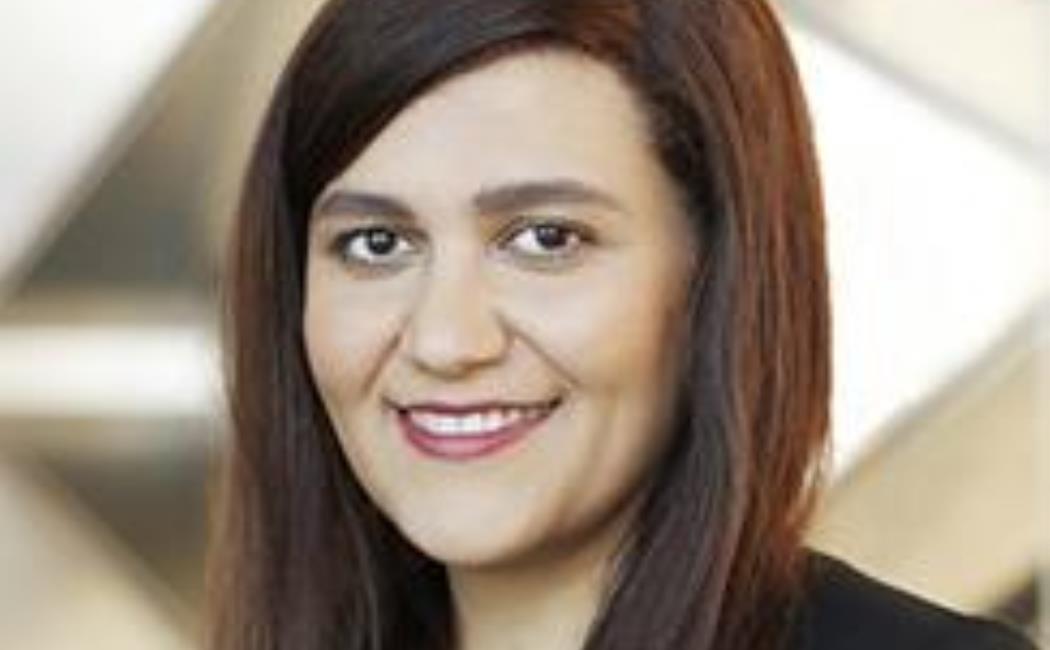
Bioengineering Seminar: Smart materials for encapsulation, delivery, and imaging
Abstract:
Inspired by the model of evolutionary biological systems, the Khashab research group is engaged in the design and synthesis of supramolecular assemblies at the nanoscale employing non-covalent and coordination interactions. The main advantage of these molecularly defined entities is superior solution processability to be easily and reproducibly integrated in future commercial fabrication processes. These systems are designed with an emphasis on hierarchical-assembly (evolution), porosity (ordered self-assembly) and stimuli-responsiveness (smart materials). 1- Bioengineering/Biomedical Thrust Supramolecular assembled capsules (SACs) are designed to aid in the problem of intracellular delivery by improving targetability and controlling the release of cargo, such as CRISPR-Cas9 and RNA, on-demand. Solving the problem of delivery will not solely drastically improve the quality of therapeutic approaches such as chemotherapy but will also revolutionize the vaccination industry by designing “personalized vaccines or personalized medicine” that protect individuals from various diseases. Moreover, with the decoding of the human genome and the major strides that we see today towards Digital Health, the ability to synthetically mimic a natural function is an inevitable evolutionary step as precise data points will be available to better perfect synthetic designs. 2- Industrial Separations and Nanocomposites Thrust Intrinsically porous materials (IPMs) are a promising alternative to zeolites, covalent organic frameworks (COFs) and porous coordination polymers (PCPs) as sorbents for energy intensive separations as they are made from discrete organic molecules with accessible “built-in” pores or windows. These stable systems are easily prepared and scaled-up in addition to being solution processable, which makes them very attractive for industrial translation. IPMs can be employed using liquid-liquid extraction mechanisms without the need for extensive distillations, which can be directly translated into industrial commodities for CO2 and benzene isomers separation. This will ultimately promote environmentally friendly and energy-efficient industrial separations and can effectively contribute the Circular Carbon Initiative (CCI).
Bio:
Professor Khashab received her doctoral degree in organic chemistry from the University of Florida under the mentorship of Professor Alan R. Katritzky. She conducted her post-doctoral training at the University of California, Los Angeles,
in Sir Fraser Stoddart’s laboratory, where she designed and developed mechanized silica nanoparticles and molecular switches.
In 2006, Professor Khashab received the Crow Award for Organic Innovation—and in 2017,
she received the L’Oreal-UNESCO International Women in Science Award for “designing novel nanoparticles that could improve early detection of disease.” More recently, she was awarded the Almarai award for excellence in
nanotechnology in the Middle East.
In 2021, she was named a Fellow of the Royal Society of Chemistry.
Niveen Khashab has received the 2023 Cram Lehn Pedersen (CLP) Prize in Supramolecular Chemistry, one of the
highest international awards given in this field.
His Highness Sheikh Mohammed bin Rashid Al Maktoum, Vice President, Prime Minister and Ruler of Dubai, has announced Professor Niveen Khashab as the winner of the Great Arab
Minds (GAM) award in the natural science category, in recognition of her outstanding contributions to the development, synthesis, and application of nanomaterials in healthcare, pharmaceutical, industrial, and environmental sectors.
